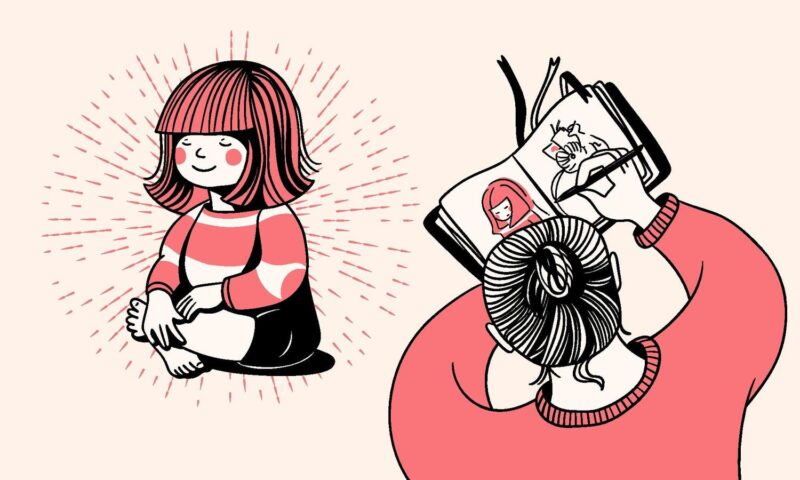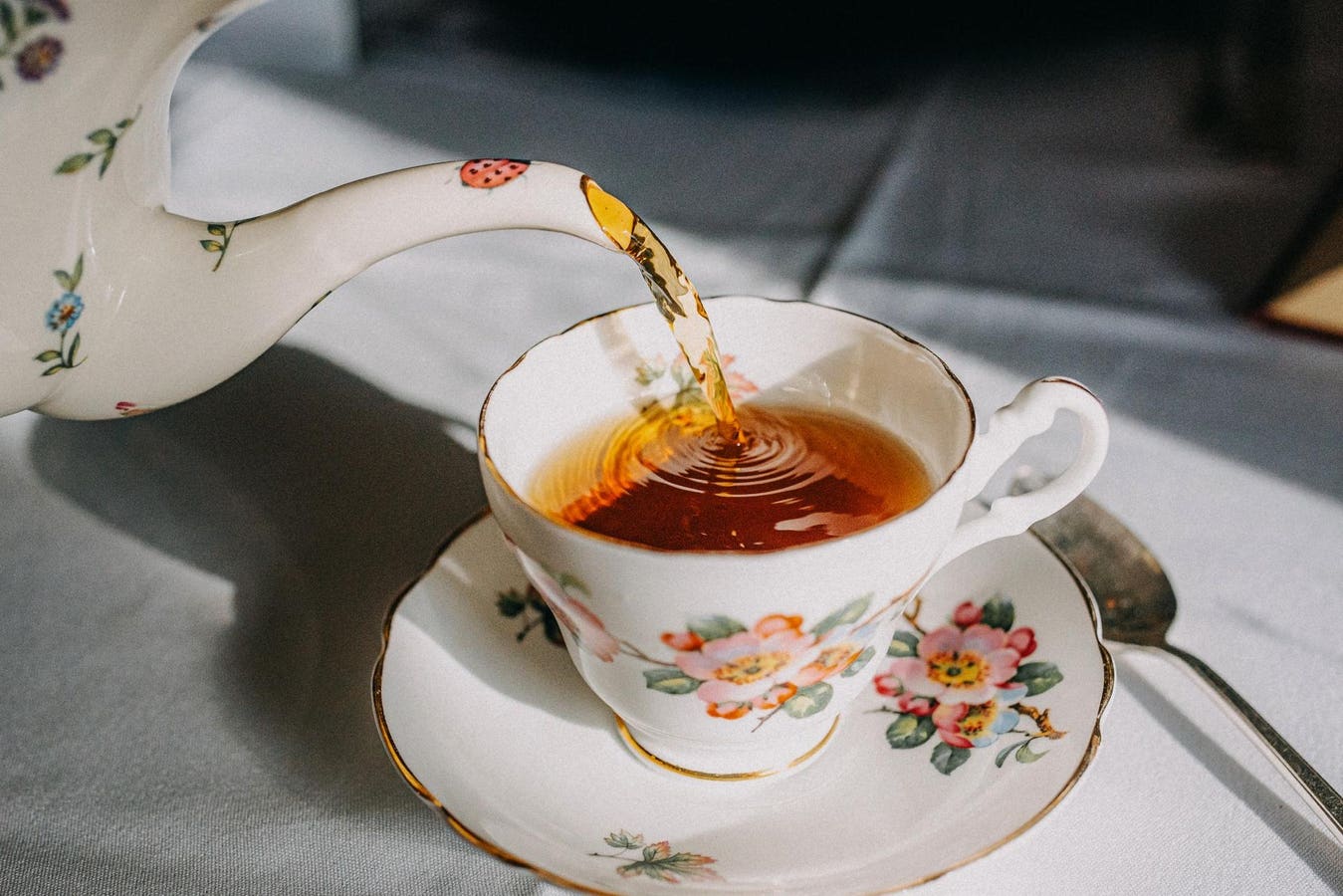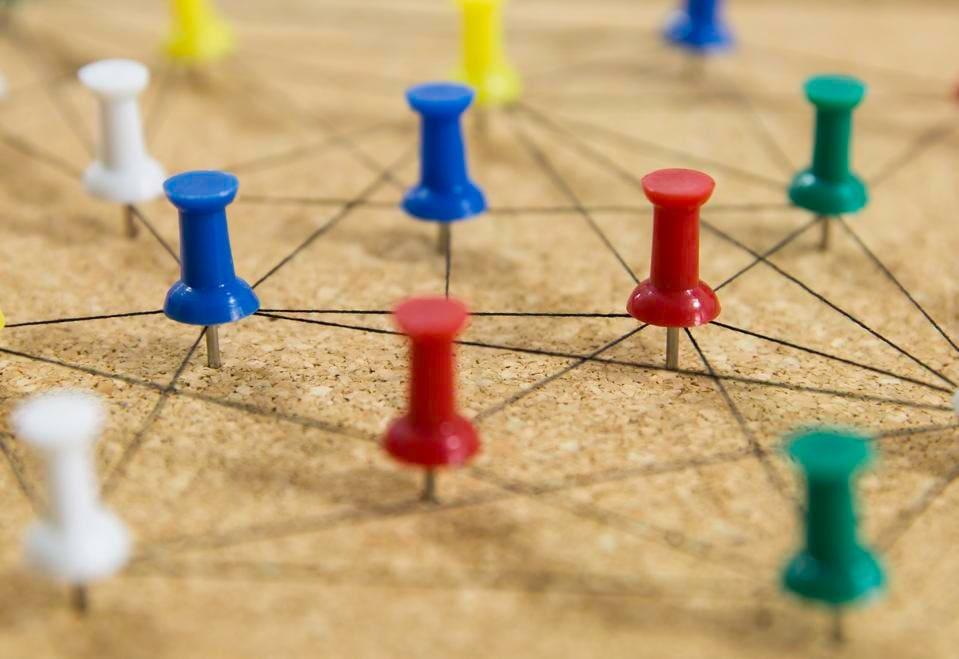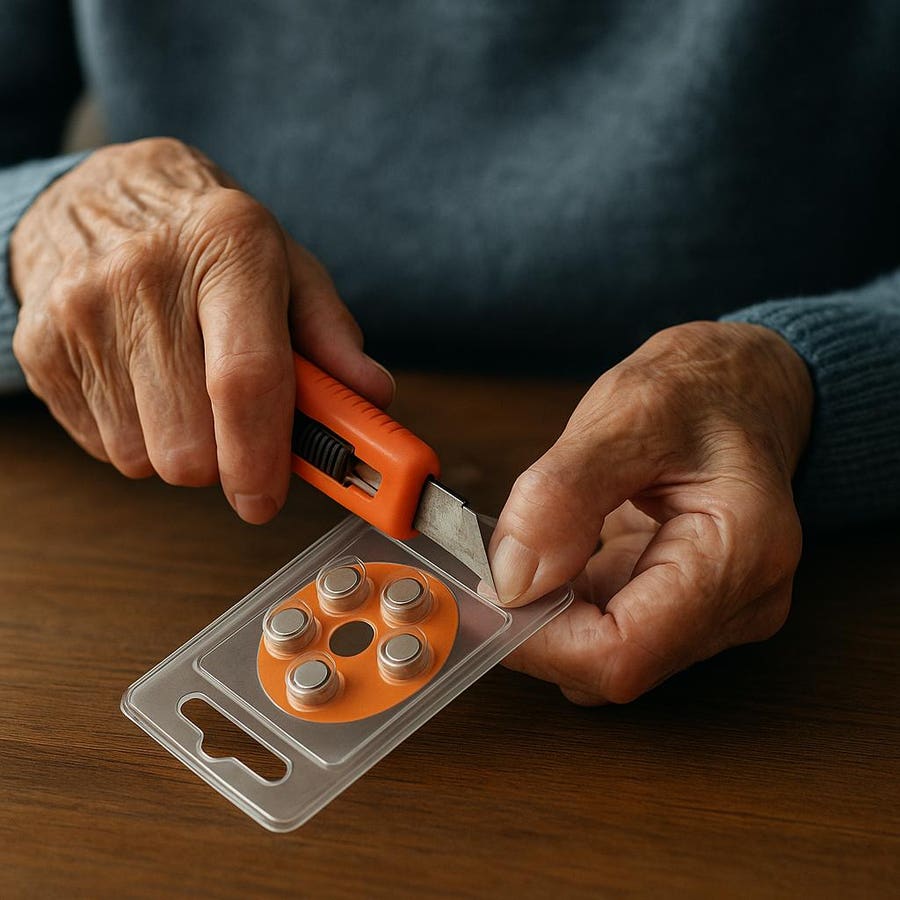Focusing on these three daily habits that can take less than an hour each day, but have the potential to drastically change your life.
getty
The Pareto Principle, popularly known as the 80/20 rule, suggests that as much as 80% of our outputs are a result of only 20% of our efforts. When applied to personal development, this implies that some basic habits, if adhered to regularly, can yield disproportionate benefits for your mental well-being, relationships and life in general.
Of course, with social media and constant comparison, we’re more likely than ever to get lost in the sea of elaborate morning routines, costly supplements or new productivity apps. Psychological studies, however, still seem to maintain that deeper and basic, underlying practices are what hold the potential to irrevocably transform the manner in which you navigate life.
This transformation is hardly ever about discovering the ideal habit. Rather, it’s about determining the ones with high leverage that will cause a ripple effect of positive changes in all surrounding areas of your life.
Here are three of these habits, which science has proven to be the most powerful catalysts for lasting change.
1. A Social Exercise Habit
Exercising is, in all probability, the most effective habit that anyone can have. It has been proven that even simple and light exercise (like walking, stretching and brief cardio workouts) can give you the biggest dividends for your mood, energy levels, resistance to stress and sleep quality. However, adding an element of social connection to exercise supercharges its potential as a high-leverage habit.
A large review of 15 studies, involving over 190,000 participants, showed that simply doing half the recommended amount of exercise — for instance, walking about 1.25 hours a week — lowers the risk of depression by 18%. If one does the full recommended amount (about 2.5 hours a week) the risk is reduced by 25%. The research also suggests that if all sedentary adults were to become active, approximately 11.5% of all depression cases could be avoided.
In addition to the regularity and intensity of activity, the review also explains how working out with others can compound its benefits. Playing group sports, joining run/walk clubs and taking yoga classes with your friends are all examples of social exercise that not only improve your health, but also tackle social isolation, which is arguably the most widespread problem of contemporary life.
The circle of accountability that exercise groups create can help ensure that the habit becomes near-impossible to drop. An individual is much less likely to make excuses or cut corners as when others are rooting for and expecting to see them again.
2. A Journaling Habit
Journaling is the act of exploring one’s self and experiences through the medium of the written word. Even a few minutes a day of journaling can be quite an effective practice to raise your self-awareness and engage in a kind of “self-therapy.”
A randomized controlled trial that tracked the effects of 12 weeks of positive affect journaling found that the intervention resulted in a reduction in their anxiety and depressive symptoms. Additionally, journaling also resulted in greater resilience and perceived social integration in comparison with standard care.
The study adds credence to the hypothesis that expressive writing can serve as a self-managed emotional regulation mechanism that allows people to cope with stress and feel better by reflecting on a regular basis.
Journaling as a practice comes in all kinds of shapes and forms, depending on its objective. Popular methods include mood journaling, goal journaling, gratitude journaling and even worry journaling (used to break negative thinking patterns). No matter which variant you choose, journaling can assist you in monitoring the patterns of your life, clarifying your thoughts and reflecting on your emotions so you can regulate them better.
This reason why journaling is such a high-leverage activity is because it results in self-awareness, which is the precursor of all other advancement in life. Through self-reflection and introspection, one can identify their subconscious biases, dissect their past mistakes and imagine improved versions of themselves.
In addition to giving an individual a window into their psyche, journaling can also:
- Minimize anxiety and depression symptoms
- Boost problem-solving faculties
- Increase self-compassion
- Improve decision-making skills
One particularly effective journaling technique is the “brain dump” before bed: the act of simply writing down everything on your mind in order to clear mental clutter and improve sleep. Another is writing a letter to your future self, addressed to the five-year version of you, explaining to them what’s important to you right now and where you’d like to be in five years’ time.
3. A Mindfulness Meditation Habit
The ability to focus and control one’s feelings can be considered somewhat of a superpower in today’s distracted world. Moving meditation, breathing exercises or even present-moment awareness practices help you in managing stress and regulating your emotions.
Starting with just a short daily practice of 5-10 minutes of mindful meditation can show marked benefits when sustained over time. This is because mindfulness techniques help you notice life’s positives, reducing automatic negative thoughts and helping you recalibrate your focus on the things that matter.
A habit of mindfulness essentially establishes a buffer between the stimulus and an individual’s response to it. And this in-between space is where an individual learns to respond to stressors or conflict voluntarily, as opposed to automatically responding to them. Over time, this small change has the power to transform their relationships, career and mental health for the better.
A large-scale review published in Health Psychology Review, involving 9,538 people, looked at how mindfulness-based interventions affect brain function. The study found that mindfulness introduces small to moderate improvements in overall cognitive ability. It also enhanced other key skills, including attention, working memory, inhibition, task switching and sustained focus. These effects were stronger for people with mental health challenges or medical conditions.
These results highlight the importance of the idea that even small daily doses of meditation can allow people to be less reactive and more deliberate in thought and action. The beauty of mindfulness is that it can be practiced at almost any given time and any given place. Whether you’re waiting in line, going to your car or washing dishes, you can use these mundane activities as opportunities to ground yourself in the present moment.
The Compound Effect Of These Habits
One of the main reasons these three habits are high-leverage is that they bolster each other. For instance, exercise revitalizes sleep, making meditation more effortless. Meditation helps develop a deeper self-awareness, making journaling more insightful. Journaling helps you understand your emotions, making social connections more authentic.
Most importantly, these core habits build bridges to other kinds of life improvement, such as better nutrition, stronger relationships, higher productivity and more life satisfaction. The important life “milestones” often become more obtainable once you have laid down these basics well.
Your habit-based resilience determines how you handle life’s curveballs. Take the Brief Resilience Scale today and find out where you stand.









